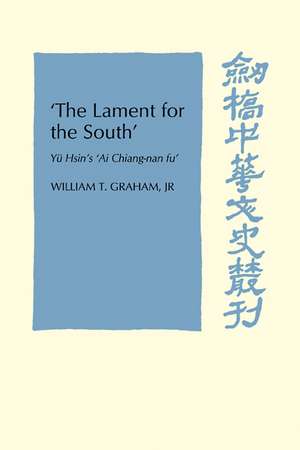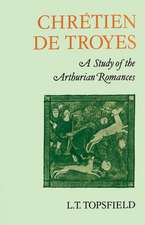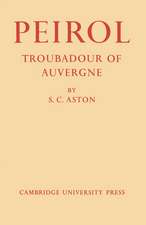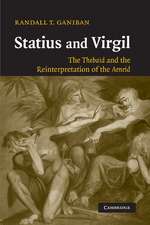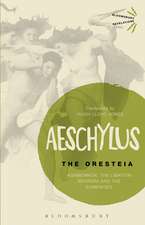'The Lament for the South': Yu Hsin's 'Ai Chiang-Nan Fu': Cambridge Studies in Chinese History, Literature and Institutions
Autor Jr William T. Grahamen Limba Engleză Paperback – 10 dec 2008
Din seria Cambridge Studies in Chinese History, Literature and Institutions
-
 Preț: 289.73 lei
Preț: 289.73 lei -
 Preț: 280.35 lei
Preț: 280.35 lei -
 Preț: 431.92 lei
Preț: 431.92 lei -
 Preț: 284.39 lei
Preț: 284.39 lei -
 Preț: 296.34 lei
Preț: 296.34 lei -
 Preț: 418.98 lei
Preț: 418.98 lei -
 Preț: 286.30 lei
Preț: 286.30 lei -
 Preț: 353.24 lei
Preț: 353.24 lei -
 Preț: 321.05 lei
Preț: 321.05 lei -
 Preț: 292.02 lei
Preț: 292.02 lei -
 Preț: 280.15 lei
Preț: 280.15 lei -
 Preț: 207.53 lei
Preț: 207.53 lei -
 Preț: 372.59 lei
Preț: 372.59 lei -
 Preț: 322.89 lei
Preț: 322.89 lei -
 Preț: 321.05 lei
Preț: 321.05 lei -
 Preț: 259.16 lei
Preț: 259.16 lei -
 Preț: 388.90 lei
Preț: 388.90 lei -
 Preț: 280.53 lei
Preț: 280.53 lei -
 Preț: 359.67 lei
Preț: 359.67 lei -
 Preț: 426.78 lei
Preț: 426.78 lei -
 Preț: 404.09 lei
Preț: 404.09 lei - 11%
 Preț: 436.96 lei
Preț: 436.96 lei -
 Preț: 412.14 lei
Preț: 412.14 lei -
 Preț: 299.44 lei
Preț: 299.44 lei -
 Preț: 417.84 lei
Preț: 417.84 lei -
 Preț: 284.01 lei
Preț: 284.01 lei -
 Preț: 279.98 lei
Preț: 279.98 lei -
 Preț: 394.67 lei
Preț: 394.67 lei -
 Preț: 298.47 lei
Preț: 298.47 lei -
 Preț: 333.09 lei
Preț: 333.09 lei -
 Preț: 354.22 lei
Preț: 354.22 lei -
 Preț: 345.59 lei
Preț: 345.59 lei -
 Preț: 320.66 lei
Preț: 320.66 lei
Preț: 284.01 lei
Nou
Puncte Express: 426
Preț estimativ în valută:
54.35€ • 56.88$ • 45.23£
54.35€ • 56.88$ • 45.23£
Carte tipărită la comandă
Livrare economică 31 martie-14 aprilie
Preluare comenzi: 021 569.72.76
Specificații
ISBN-13: 9780521101868
ISBN-10: 0521101867
Pagini: 244
Dimensiuni: 152 x 229 x 14 mm
Greutate: 0.36 kg
Editura: Cambridge University Press
Colecția Cambridge University Press
Seria Cambridge Studies in Chinese History, Literature and Institutions
Locul publicării:New York, United States
ISBN-10: 0521101867
Pagini: 244
Dimensiuni: 152 x 229 x 14 mm
Greutate: 0.36 kg
Editura: Cambridge University Press
Colecția Cambridge University Press
Seria Cambridge Studies in Chinese History, Literature and Institutions
Locul publicării:New York, United States
Cuprins
Preface; Introduction; 1. The historical background; 2. The fu in the Six Dynasties; 3. 'The Lament for the South'; 4. Commentary; Appendices; Notes; Bibliography; Character glossary; Index.
Descriere
The Ai Chiang-nan fu by the sixth-century poet Yu Hsin deserves study both for its literary merits and for its uniqueness.
